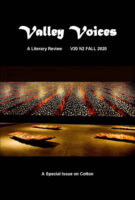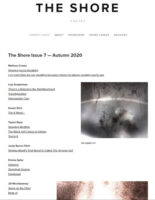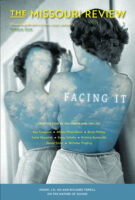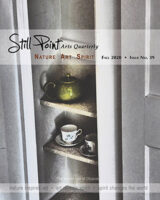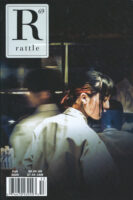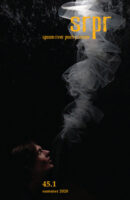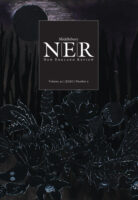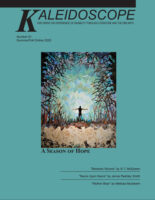The Main Street Rag forwent their usual beautiful photographic cover art for a cartoon version of Donald Trump behind bars with the Fall 2020 issue. It seemed pretty appropriate, then, that I ended up opening the issue at random to find Bethany Bowman’s “Sometimes After Getting Off the Phone,” which begins with the speaker getting off the phone with their father “who confesses to voting for / Donald Trump to reverse Roe v. Wade” and observing a friend being confronted about her right to choose with her abortion in the 70’s.
The poem begins in a tense spot but we’re given relief, along with the speaker, in the form of animal facts given by the speaker’s son. These facts lead to biblical lessons and connections being “fed to the dogs” as the speaker realizes “you’ve always been filled with the spirit— / no external male force, no deity can grant it / or take it away.” There is power in this realization, a freedom granted from the sins stacked on women’s shoulders from the beginning of time.
While Trump may be behind bars on this issue’s cover, there is freedom to be found in the writing which Bowman graciously reminds us of.

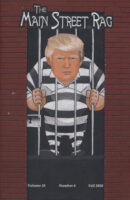
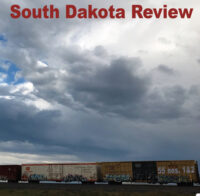
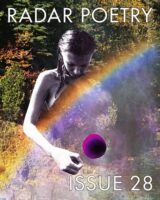
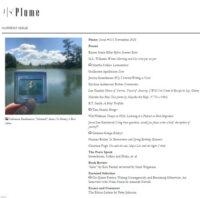
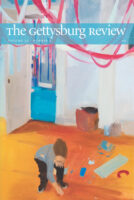
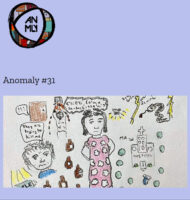
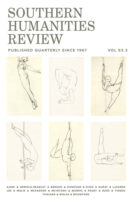

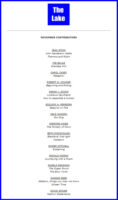

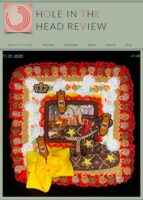
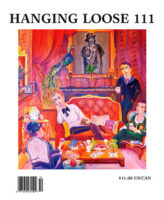
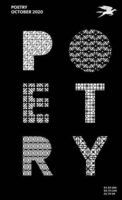

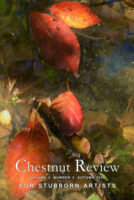
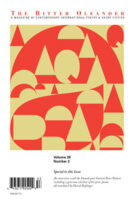
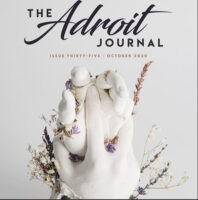
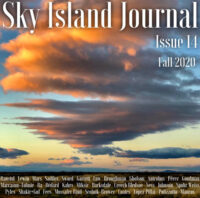
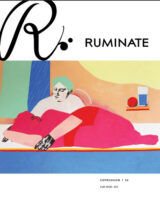
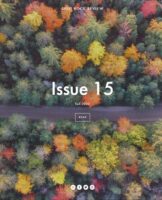
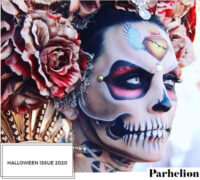
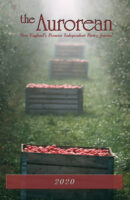
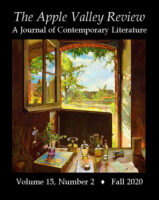
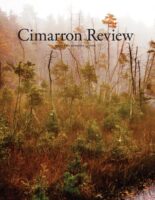
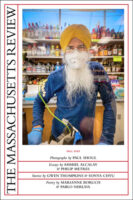
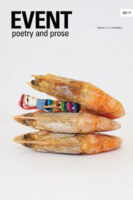
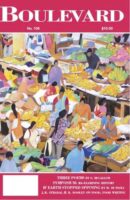
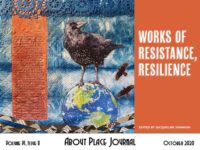
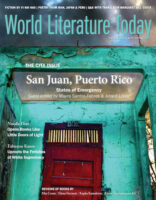
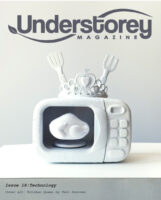
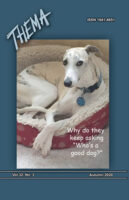
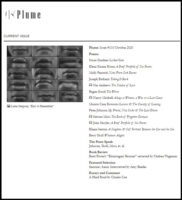
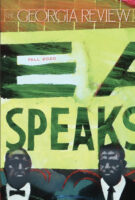

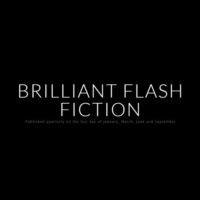
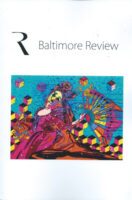
 “Having a safe space to share your art/writing and the power of publication to galvanize aspiring young artists and writers to share their voice” is a motivating factor behind
“Having a safe space to share your art/writing and the power of publication to galvanize aspiring young artists and writers to share their voice” is a motivating factor behind 